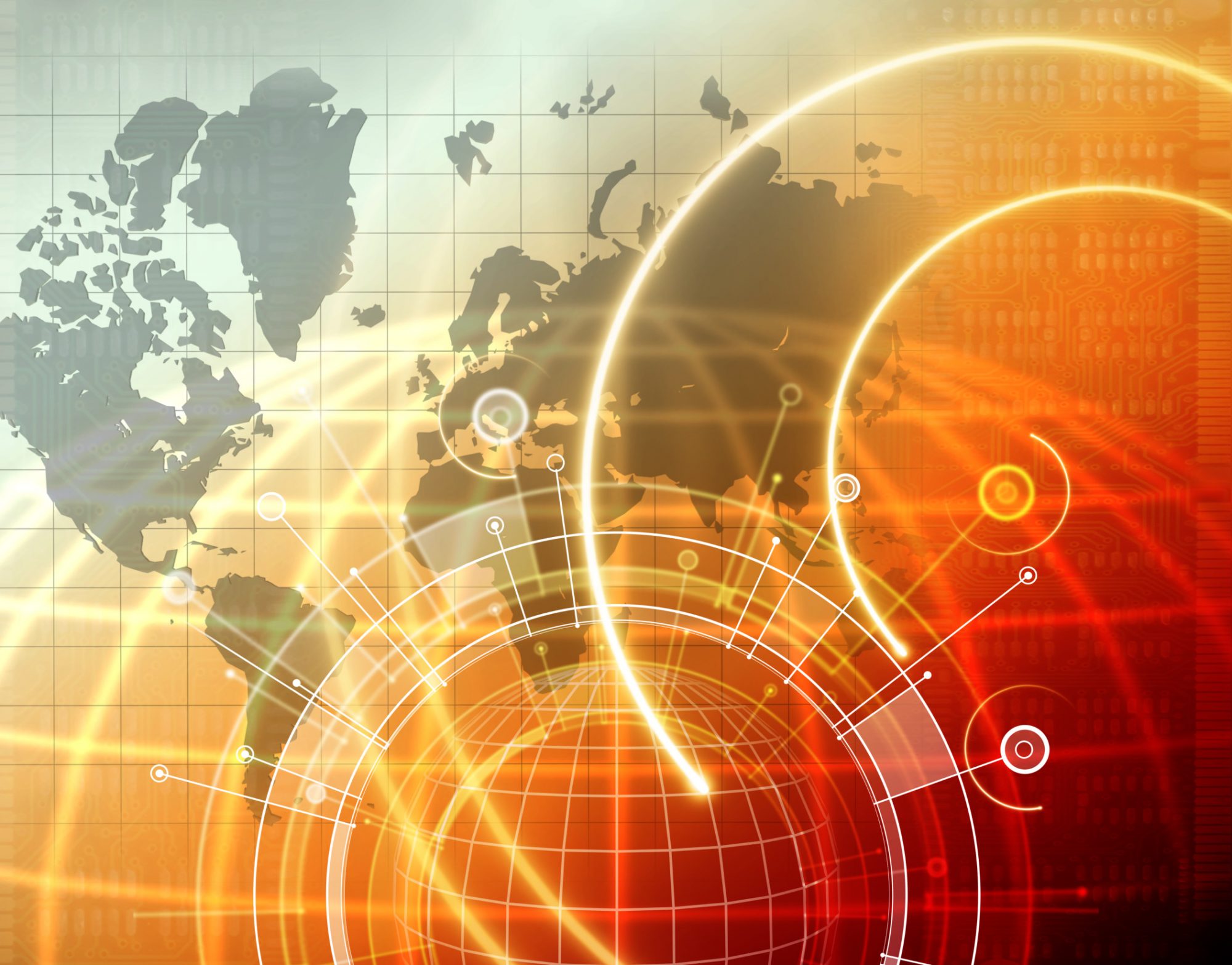LAS VEGAS – Solution providers shouldn’t worry. Cisco Systems is not branching into manufacturing garbage cans. Nor are they about to build in some kind of intelligence around the trash bin. What the networking giant is doing is gambling on the Internet of Everything.
One of the use cases CEO John Chambers introduced at the annual Partner Summit channel conference is the smart garbage can and trash pick-up on demand service.
The waste management industry is currently a $10 billion market and Cisco has surmised that with low cost sensors garbage cans would be able to inform waste management professionals when they are full and be able to schedule a pick up.
Using a trash-board dashboard which can be created by a channel partner, waste management operators can get a full view of garbage trucks on the road and neighbourhoods and their garbage cans.
Another scenario for the trash-board is to have garbage trucks who are near capacity taken off line instead of continuing on their route and replaced by another truck who is nearby. The smart garbage can may have SAP Hana integrated into it for high speed number crunching and auto re-routing capabilities.
The garbage truck driver will have a tablet device and be able to get on-the-fly turn-by-turn directions when they are re-routed.
Some of the benefits of the smart garbage can is that it will reduce emissions and be able to do physical security and surveillance. For example, a smart garbage can will be able to know if it has an explosive device hidden inside of it.
The smart garbage can may lead to a trash pick-up on-demand service. “When these waste management companies get on this they can do promotions for neighbourhoods and incent them to compete to improve their recycling efforts using social media networks,” Chambers added.
Households can view their recycling efforts and also see that some of their neighbours are doing a better job at recycling. The waste management companies can incent households with incentives to become the best recycling neighbourhood or best recycling household in a neighbourhood.
According to Chambers, Cisco is seven years into its Internet of Everything journey and he believes it has already hit an inflection point.
“Basically we want to bring all things together and connect them in a way where it’s the right connection, at the right time, on the right device, for making the right decision. This is easy to say, but very hard to do,” Chambers said.
Waste management is just one area of focus in Cisco’s smart cities and smart connected communities’ initiative. Chambers believes that with the Internet of Everything will be able to connect all vertical industries. Smart lighting, as an example, can cut costs by 15 to 50 per cent for major cities, while embed Wi-Fi hot spots and charging plugs for citizens. Some cities spend $13 billion on street lights, Chambers said.
He added that these markets are under served and areas such as waste management can be connected to government or municipal efforts on pollution and parking and combined all these drive better outcomes for cities.





